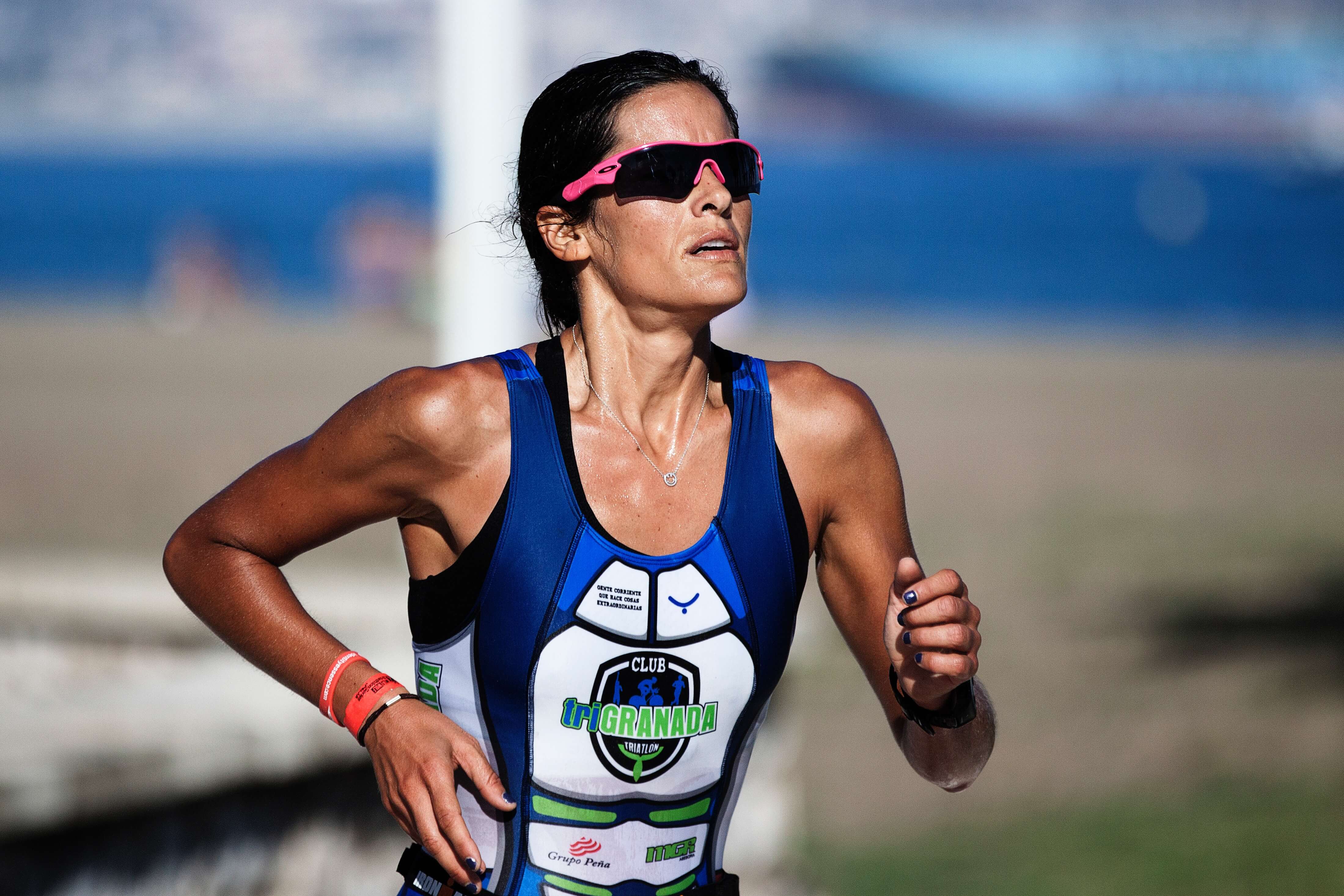Flashing. Flushing. Night Sweats. Power surge. The “hot flash” lexicon is as variedly complicated as the women they affect. Women experience many changes in their bodies during the menopause transition. To some, menopause creeps up on them while others experience forewarnings (1). Ultimately, menopause happens in all women. It is unavoidable. One of the most common symptoms among menopausal and perimenopausal women are hot flashes and night sweats.
A hot flash is a quick and sudden wave of heat which is sometimes accompanied by sweating and a red flushed face (4). While the exact causes of hot flashes are not quite known, it has been largely associated with changes in blood circulation for menopausal women (2). This condition has been proven to affect approximately two-thirds of all menopausal and perimenopausal women in America.
When you experience hot flashes at night, they are called night sweats and can lead to abnormal sleeping patterns.
What Causes Hot Flashes and Night Sweats?
We wish we could tell you what causes these hot flashes and how to banish them. Unfortunately, medical experts haven’t managed to establish clearly what causes the night sweats and hot flashes; but there is compelling evidence that hot flashes are a result of hormonal changes in the body (5). Metabolic syndrome and obesity are thought to increase the incidence of hot flashes.
But really, if you are experiencing hot flashes or night sweats, does it matter why you’re flashing? All you really want to know is how to get your body temperature down and cool yourself. At that point you are ready to live inside a deep freezer.
Identifying Your Trigger Points and Avoiding Them
A hot flash is disconcerting and disturbing especially when it happens in public, often affecting a woman’s confidence and comfort levels. Most women want to know what measures can be taken to effectively deal with this phenomenon. Let’s look at some of the methods where the impact of hot flashes can be reduced.
But before that, knowing what triggers hot flashes and avoiding them will help you suppress them to some degree, maybe even considerably. The factors that heighten the frequency and severity of hot flashes and night sweats vary from woman to woman.
Some of the most common known triggers for menopause hot flashes include:
a. Hot weather
b. Smoking
c. Tight clothing
d. Alcohol
e. Spicy food and hot beverages
f. Caffeine
g. Heat
h. Stress
The first step towards combating hot flashes is avoiding these triggers. Although most women do not need to avoid all of them, knowing which ones impact your own hot flashes and night sweats will enable you to better deal with them when they occur.
How to Get Past the Troublesome Hot Flashes and Night Sweats
-
Hormone Replacement Therapy (HRT)
This technique has waxed and waned over the years. The treatment involves the use of synthetic hormones such as estrogen supplements to calm hot flashes that are debilitating to some women (1). This method has been proved to reduce the incidence and severity of night sweats and menopause hot flashes.
While hormone therapy is the most effective treatment for hot flashes currently there are still some other treatment methods that may be effective in addressing this challenge. There are natural remedies that go beyond hormones.
When properly followed, these remedies will relieve your hot flashes over time.
-
Lifestyle Changes
Taking conscious measures to reduce the temperature in the spaces that one occupies can be very effective in reducing hot flashes. Lifestyle choices can impact as much on your body as any other supplement or medication you take.
Dressing in clothes that are not too tight, and sleeping with a fan on will go a long way in reducing hot flashes. Hot flashes are especially more severe for

overweight women. Making attempts to lose weight through exercise can be very effective in addressing this challenge.
Eating a well-balanced diet and controlled calorie serving is also a good way to curb hot flashes.
Quitting smoking has so many advantages for menopausal women that it cannot be overstated. Primarily, it reduces the chances for cardiovascular complications such as heart attack for this group of women. Secondly, and more relevant to this discussion, it helps reduce the propensity for hot flashes (3).
Women who choose to take up exercise are advised to exercise in cooler conditions and to take lighter exercise routines.
-
Diet Changes
The kind of foods that menopausal women eat has an effect on the frequency and severity of the hot flashes that they experience. Reducing or completely stopping the intake of caffeine, alcohol and spicy foods have been proven to reduce exponentially the frequency and severity of their hot flashes (5).
Women are also advised to increase their intake of estrogen plants such as isoflavones. These are believed to have weak estrogen-like effects which are very effective in reducing hot flashes. Some of the plants that have been proven to have estrogen-like effects include;

- a. Soybeans
b. Lentils
c. Chickpeas
d. Beans
e. Fruits
f. Vegetables
g. Grains
h. Red covers
i. Flaxseeds
Soybeans, lentils and chickpeas have the strongest estrogen-like effects of all the listed plants. Natural plant products are advised over food supplements.
-
Prescription and Non-Prescription Remedies
Expectedly, there are prescription remedies for hot flashes just as there are non-prescription treatments as well. It is crucially important that you have a doctor that knows your medical history and your specific symptoms. Often it’s not a matter of just treating menopause hot flashes.
The same goes for non-prescription remedies. Yes – women have been using herbal remedies for years and yes, they have improved their quality of life; however, you need to be careful of contraindications with other drugs you may be taking and possible side effects.
The lesson here is to be able to have informed conversations with trusted healthcare providers that are well versed in menopause treatments – from both traditional medicine and naturopathic medicine. There are solutions but it may take time to find the most effective therapy (or combination). Identifying your symptoms goes a long way in finding an effective treatment protocol.




1 Comment
Pingback: Natural Treatments For Hot Flashes | Our top 8 tips. - Vergo Woman
This form is protected by reCAPTCHA and the Google Privacy Policy and Terms of Service apply.